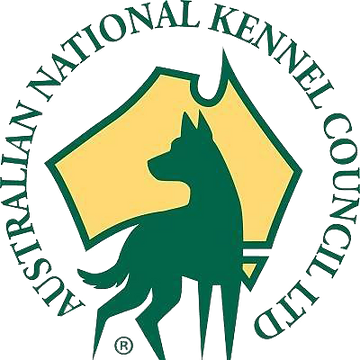Staffy Bull Bullmastiff History
The Staffordshire Bull Terrier (STBT) or Staffy, is a very muscular, powerful, and athletic-looking medium-sized working terrier. The Staffordshire bull terrier was originally bred from crosses between the now-extinct Old English Bulldog and old fighting stock of the South Staffordshire border region. The Old English Bulldog was a large, short-coated, and bulky bulldog that originated in the British Isles. The South Staffordshire bullterrier was a large, powerfully built, black-and-tan-colored bull-and-pit type terrier, which was widely disseminated and used for dogfighting. The STBT first emerged in 1835. Its development has been attributed to John Pritchard, of Wellington, Shropshire, who in 1835 crossed his “old white English bulldog” with his “Staffordshire bull-and-pit”. The resulting puppies were known as “Old White and Black” or “White and Tan” and later, “Staffies”. The origin of the name “Staffy” is disputed. One theory holds that the breed gets its name because it was developed in the Staffordshire area of England. Staffordshire is a county near Birmingham, where the name was historically applied to any large black-and-tan-coloured type of dog. Another theory is that the name derives from the name of a person, “Stafford”, which refers to the similarly named “Staffordshire bull and pit”.
Staffy Bull Bullmastiff Physical Characteristics
The Staffie Bull is a medium, large, or giant, short-coated breed of dog that was developed in the United Kingdom, and whose ancestors include the Bulldog, Mastiff, and Pitbull. They originally fought in pit-bull-type games, such as bull-baiting and bear-baiting, but gradually moved to guard dogs for farmers and families. The breed became very popular as a pet, showdog, and police/military working animals. The Mastino Corso Italiano is the Italian term for the breed, and it is also sometimes referred to as the Neapolitan Mastiff. The origin of the name “Staffy” is debated. One belief is that the name comes from a contraction of “St.affordshire.” Staffordshire is an area in England, where the breed was developed. Another theory is that the term comes from the abbreviation “SS”, which in Roman numerals signifies the number 666.
Eye Colors
Hazel
Nose Colors
Black
Coat Colors
Brindle, White, Black, Fawn, Red
Height Range
Male Height Range: 14 – 27 inches
Female Height Range: 14 – 26 inches
Weight Range
Male Weight Range: 38 – 130 lbs
Female Weight Range: 34 – 120 lbs
Staffy Bull Bullmastiff Health
Description of breed health.
Lifespan
12-16 yrs
Staffy Bull Bullmastiff Health Concerns
Entropion, Hip Dysplasia, Gastric Dilation Volvulus, Patellar Luxation, Elbow Dysplasia, Progressive Retinal Atrophy, Cataracts
Staffy Bull Bullmastiff Temperament and Behaviour
The Staffy Bull is intelligent, playful, and energetic. They tend to be very protective of their families, and are usually not recommended for homes with very small children. They generally get along well with people and are easy to train.
Staffy Bull Bullmastiff Activity Requirements
Staffies are one of the most popular breeds in Australia. They are a medium-sized, square dog with a thick, muscular build. They are known to be intelligent, loyal, and protective. Like most large, flat-faced breeds, Staffies are more prone to breathing problems. They can develop wheezing, coughing, and tracheal collapse if they are overexercised. For this reason, it is important to keep them at a healthy weight and to avoid overexertion. A daily walk or a short play session is enough to keep your Staffie happy and healthy. They do not need extensive outdoor time, but they do need to have some human interaction. A bored Staffie may develop destructive behaviors, such as digging and chewing, so be sure they have enough toys and attention.
Miles Per Day
7 miles
Activity Per Day
45 minutes
Daily Food
3 cups
Kennel Club Recognition

American Kennel Club
Not Recognized
Staffy Bull Bullmastiff is part of the Unclassified group.
Visit the American Kennel Club website.

The Kennel Club
Not Recognized
Staffy Bull Bullmastiff is part of the Unclassified group.
Visit the Kennel Club website.

Australian National Kennel Council
Not Recognized
Staffy Bull Bullmastiff is part of the Unclassified group.
Visit the Australian National Kennel Council website.

Canadian Kennel Club
Not Recognized
Staffy Bull Bullmastiff is part of the Unclassified group.
Visit the Canadian Kennel Club website.